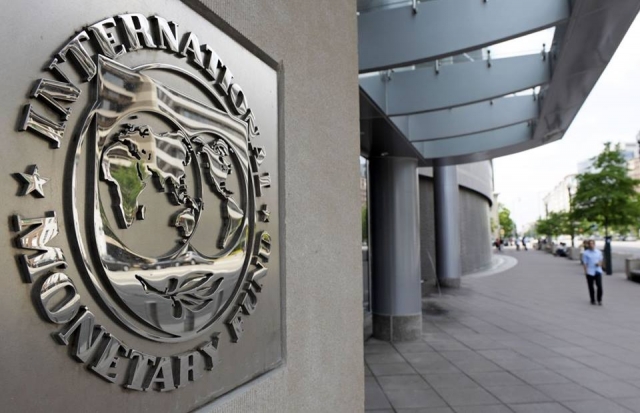IMF Calls for Reforms to Help Post-Soviet Economies
The Caucasus and Central Asia (CCA) region is embarking on one of its slowest economic recoveries since independence, the International Monetary Fund (IMF) announced on Friday, calling for more reforms in the region in order to help post-Soviet economies.
The IMF released its Regional Economic Outlook for the Middle East, Central Asia and CCA on October 19 in Dubai, United Arab Emirates, and October 21, in Almaty, Republic of Kazakhstan which forecasts the region’s growth in 2016 to be 1.3 percent, lower than in any other year since 1998.
According to the report, deepening conflicts, low oil prices, and spillovers from the slowdowns in Russia and China continue to weigh on economic growth in the Middle East, North Africa, Afghanistan, Pakistan (MENAP) and the CCA region.
“This growth rate is being particularly weighed down by the region’s oil exporters—Azerbaijan, Kazakhstan, Turkmenistan, and Uzbekistan—who are facing growth of 1 percent this year,” the document reads.
However, the IMF says the situation is better in the region’s oil importers—Armenia, Georgia, the Kyrgyz Republic, and Tajikistan, whose economies are forecast to grow at 3.7 percent, unchanged from 2015.
The document says that the CCA region has been hit by large and persistent external shocks since 2014, particularly the slump in commodity prices and slowdown in its key economic partners.
“Medium-term prospects are weak, with growth projected to average 4 percent in 2018–2021, half that of 2000–2014,” the report reads.
With many countries opting for more exchange rate flexibility, the IMF says that the need to strengthen monetary policy frameworks has become a priority.
“This must be complemented with further steps to contain risks to financial stability and intermediation, including capital injections, restructuring and closing of troubled banks, and revamping of lending practices, as well as strengthening of financial surveillance and macro-prudential and crisis management frameworks,” the IMF says.
Moreover, the IMF recommends that the CCA countries undertake wide structural reforms of their economic models, especially to strengthen governance, accountability, property rights, and financial intermediation, all of which are areas the region lags behind on compared with other emerging markets.
The Deputy Director of the IMF’s Middle East and Central Asia Department, Juha Kähkönen, said that the CCA countries need to pursue the right mix of policies and structural reforms.
“For these countries, the immediate priorities are to direct what spending is available toward pro-growth areas—such as education, training, and health care. At the same time, these countries need to prepare and implement medium-term fiscal consolidation plans to preserve fiscal space,” Kähkönen said, adding that such actions will help to support growth in the near term, while boosting competitiveness and keeping inflation and debt levels in check.
As for the global growth, according to the report, it is projected to slow to 3.1 percent in 2016 before recovering to 3.4 percent in 2017.
Thea Morrison











